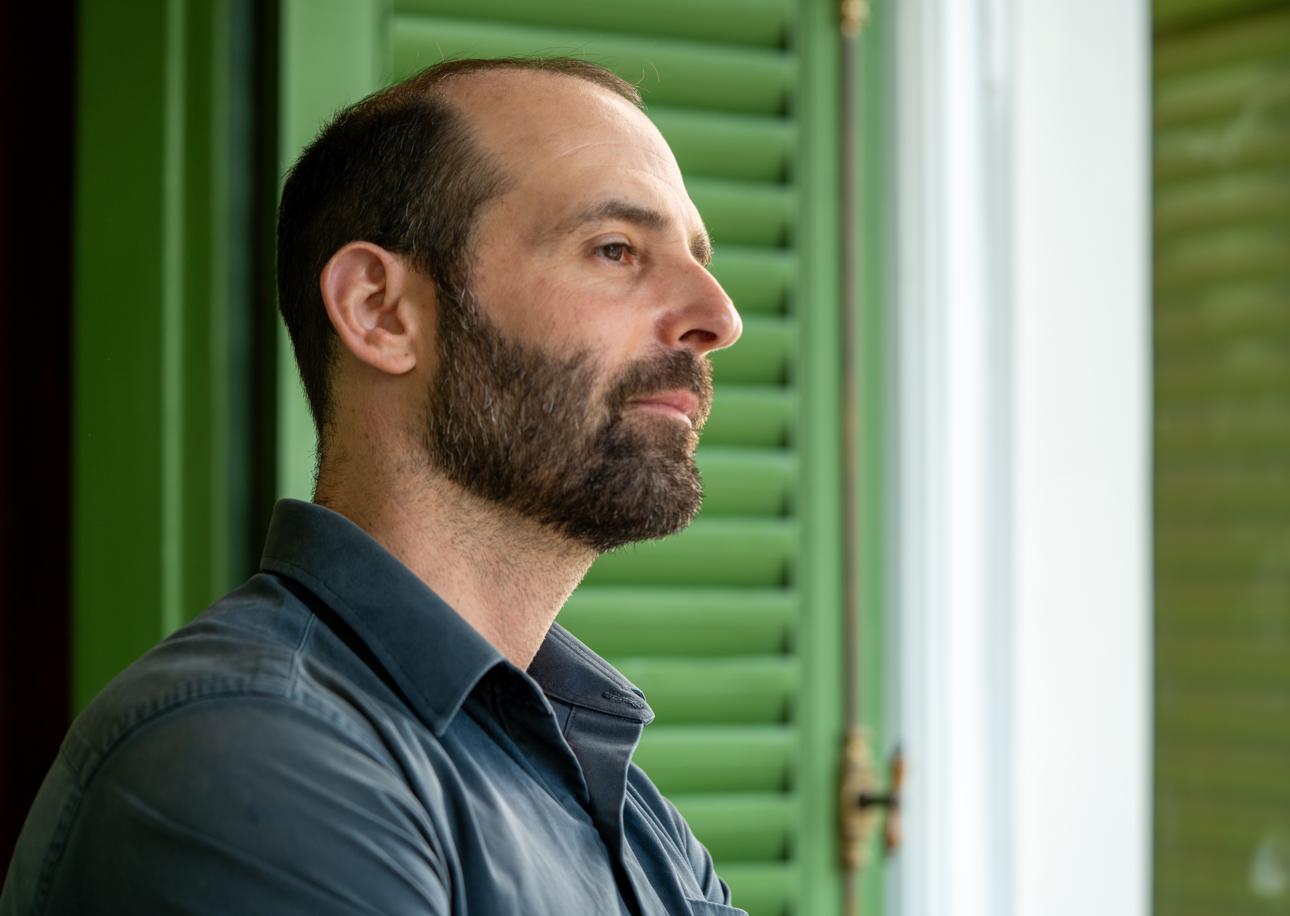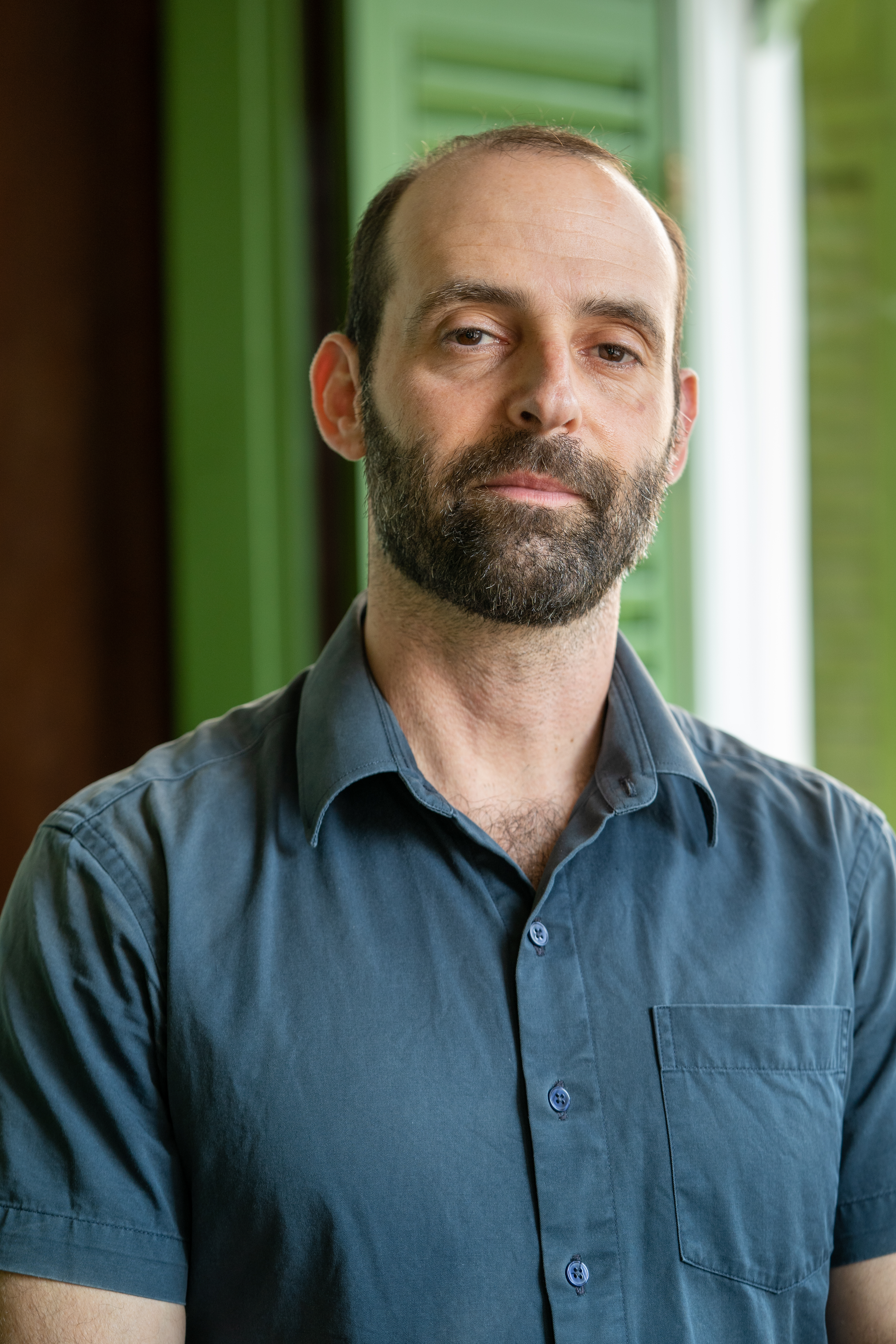Exploring Macau: Culture, Cuisine, and the Crown Jewel of Cotai, the Grand Lisboa Palace Resort Macau
If you’re planning a winter escape just a short flight from Bangkok, ...

[This story originally appeared in Koktail Magazine issue 2.]
In 2008, Philip Jablon started documenting standalone movie theatres up and down Thailand, racing against time. In 2019, he published Thailand’s Movie Theatres: Relics, Ruins and the Romance of Escape, a book cataloguing some of the best gems and their surrounding anecdotes from his decade-long journey. At the time, when asked what his favourite theatre was out of the hundreds he had discovered, Philip replied with the Scala at Siam Square. “It embodies what interests me about these old movie theatres, which is location, architecture and social function.”
A year later in June 2020, Scala announced that it could no longer hold out against modern culture and the pandemic. Four goodbye films were screened between July 4 and 5—and then that was it. After 51 years, the Scala was no longer a working movie theatre.
It was sad, to say the least, but nostalgic moviegoers were still hopeful that the Scala would at least maintain its unique Art Deco architecture and be repurposed, at best, as a cultural landmark or museum. Responding to the public’s doubts about Scala’s preservation, Chulalongkorn University’s estate office initially said that they did not have plans to tear down the historic building, which occupies their land, though they were searching for new tenants. Then a year later, Central Pattana was announced as the winning bidder.
Central Pattana resounded the assurance that the Scala’s structure would be retained as much as possible whilst they made plans to develop another one of their commercial retail spaces. But then on November 1, 2021, without warning, the demolition of the Scala began.

“Southeast Asia lost its last great movie palace,” says Philip about the final nail in the coffin. To many, Scala was the last man standing in the gentrification and mall-takeover of Siam Square. Its demolishment meant that nothing was sacred anymore, but Philip says that this isn’t an epidemic exclusive to Bangkok. “Bangkok is one of many economically vibrant cities that sacrifices lots of its identity in order to keep growing. You see it in many places: it’s happening in New York, it’s happening in my hometown in Philadelphia. I’m sure it happens all over the world.”
However, “where there’s a will there’s a way,” Philip chimes. He believes that especially in the provinces, where the capitalist urge to destroy heritage isn’t as threatening, there is a chance for preservation and cultural revival. He offers the recent example of the Taiwan Documentary Film Festival when it was held in Phayao’s Mueang Thong Rama Theater a couple of months ago in December 2021. Mueang Thong Rama is an abandoned movie theatre without any seats and with dilapidated walls and ceilings. But as it has not been razed down and replaced with “corporate greed”, it was still possible for someone with vision to bring in portable seats and a projector and set up the film festival at Rama Theater.
Jablon also tips his hat at the younger generation. “I’ve seen the interest in the younger generations of Thais really grow when it comes to these buildings. They see them in a different light. They see them both as part of their past and a potential part of their future,” he says. “The younger generation increasingly has an eye for history, and I think also an eye for sustainability and local identity. Yes, I think that’s where the hope lies anyhow.”
To listen to the full interview with Philip Jablon on the demise of Scala, find Koktail Magazine’s Koktail Conversations podcast on Spotify.
If you’re planning a winter escape just a short flight from Bangkok, ...
While traditional TV shows are serving us endless boy-meets-girl tales. Thailand has ...
Must-have gadgets for kids in the Y2K are, predictably, making a comeback ...
Netflix Thailand has officially announced a new price for base subscriptions We’ve ...
Celebrate New Year at Gaysorn with Disco Diaries' Sparkling NYE party and ...
With fashion trends that exit as quickly as they arrived and a ...
Wee use cookies to deliver your best experience on our website. By using our website, you consent to our cookies in accordance with our cookies policy and privacy policy